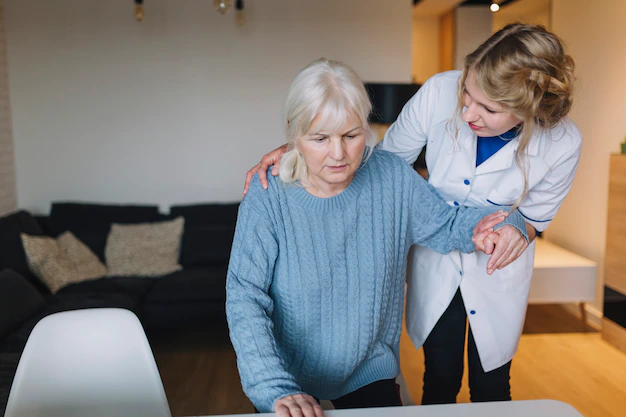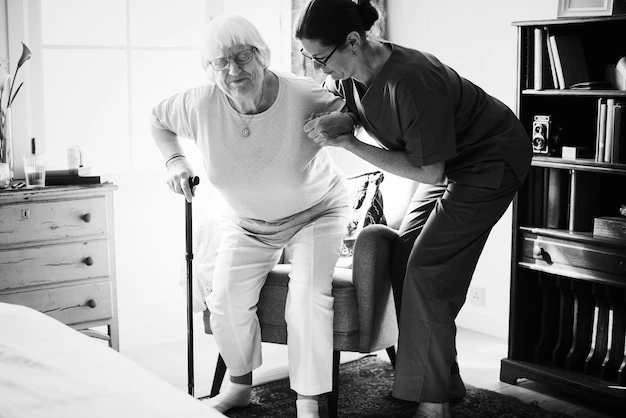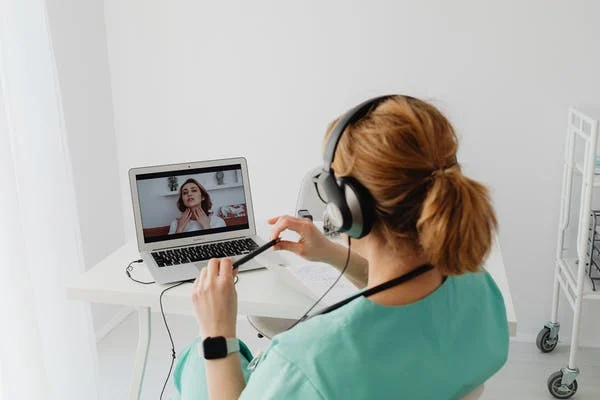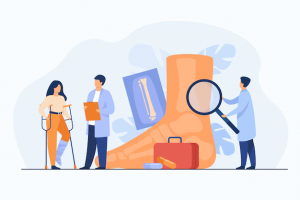As your elderly loved one ages, he or she may begin to encounter mental, emotional, and physical changes that require the aid of others. These changes, however, do not preclude your loved one from living at home as long as he or she is assisted by a caretaker.
Here are some of the most common reasons seniors require in-home care services.
- Personalised Care:
- Quick Recovery:
- Companionship:
- Independence:
- Cost-effective:
- Peace of Mind:
- Comfort:
In contrast to the timed routines of care facilities, home health care gives flexibility that matches the demands of your family as well as your patient. Regardless of whether your patient prefers full-time or part-time care, home health care adapts to meet their needs.
If your loved one has had a stroke or a heart attack, he or she will need to recover completely. Hiring a live-in caretaker can reduce your parent’s chances of having another stroke or heart attack. Choose a home caregiver who specialises in post-stroke or post-heart attack care and is available around the clock to watch your loved one. The caregiver can also help with daily duties such as driving your loved one to appointments for speech therapy, physical therapy, and counselling.
Seniors who live alone frequently endure social isolation and feelings of loneliness, which can lead to health problems. Healthcare at home gives a familiar face, cheerful conversation, and a meaningful human connection to your loved one, all of which can have a significant impact on general health and well-being.
Everyday tasks can become increasingly difficult as people age. Living at home provides a sense of security and independence. Home care for the elderly can also help patients keep or even grow their confidence. Living in a nursing home or assisted living facility can leave you feeling discouraged, helpless, and even angry.
The ability to remain at home may enable your older loved one to converse more. Home care services allow older people to do things on their own, while providing immediate assistance when needed. This feeling of confidence and independence can greatly benefit their mental health and well-being.
A good home health care agency will give you a discount for 24-hour live-in care. Discounted prices are hard to come by at nursing homes. Home health care services are much less expensive than residential nursing facility rates. However, the cost of spending on an agency will save you some if elderly people are treated at home.
Whether you live 15 minutes away or on the other side of the nation, it’s impossible not to be concerned about a loved one who appears to require assistance at home. Home care services offer one-on-one, tailored care that a single caregiver cannot reasonably deliver full-time. This vital addition to a senior’s care plan provides invaluable respite opportunities for family members, reducing stress and preventing caregiver burnout.
The fundamental advantage of home care is that your loved ones can remain in the environment that is most comfortable and familiar to them. They can sleep in their beds, use their bathrooms, and go about their everyday lives as usual. Being in familiar surroundings can be especially advantageous for people suffering from increasing memory disorders like dementia.
Also read: Here Are 8 Recommendations For Safe Medical Transportation For The Elderly
Finally, there are numerous advantages to working with the elderly through at-home aged care. Look for high-quality elder care services that will provide your loved one with the particular attention they require. You’ll have peace of mind knowing they’re in a familiar atmosphere where they feel safe and secure.









